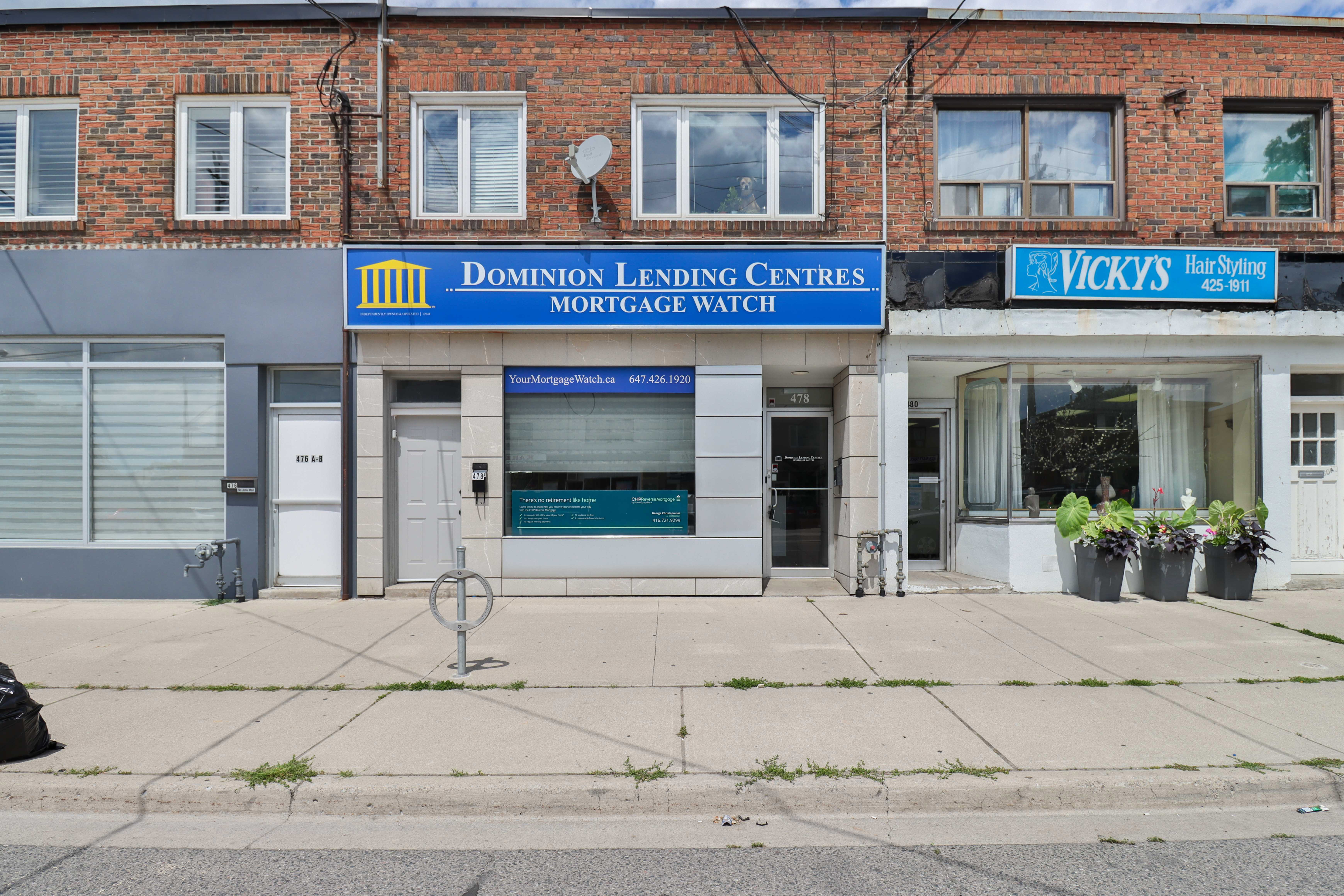COVID-19 - INDUSTRIAL/ SUPPLY Chain Sector Implications - Commercial Real Estate

COVID-19 – INDUSTRIAL/ SUPPLY Chain Sector Implications – Commercial Real Estate
As a result of the COVID-19 pandemic, investors, landlords and tenants are assessing impacts, adjusting operations and building and executing contingency plans to support people and their businesses.
The following assesses the impact of COVID-19 on the Industrial/Supply Chain sector in the Canadian commercial real estate space and how key considerations can help through this changing climate.
Industrial/ Supply Chain
Impact: With China being the largest global manufacturer of components, the ripple effect of plant closures in the automotive, electronic and pharmaceutical industries has caused severe disruption.
Plant closures and canceled sailings and flights from China have also resulted in unorganized assets on a global scale. Exporters are struggling to find the appropriate containers and the capacity to handle their goods.
In Canada, this situation has resulted in the Port of Vancouver reporting an 85 per cent decline in the volume of Chinese container shipments with 50 per cent fewer sailings. Logistics companies in Toronto have reported 60 per cent fewer inbound containers.
Approximately 10 per cent of intermediate goods sourced from China are used to make finished products in Canada; the current climate could result in shortages for various sectors depending on how much Canadian businesses rely on global suppliers.
Key Considerations: Industrial companies should assess their risk tolerance to determine inventory levels required to handle different disruption scenarios.
This approach might include increasing inventory levels as a contingency in some cases, but it also might incorporate employing enhanced sourcing strategies, taking into consideration geographic spread and coordinated inventory management with critical vendors.
Companies may be required to restructure their financials to allow for more liquidity and seek larger spaces to accommodate the extra inventory if their model is too lean.
Doing so could be challenging, given the historically low industrial vacancy rates in Canada’s major markets, with 0.4 per cent vacancy in the Greater Toronto Area and 1.2 per cent in the Metro Vancouver Area as of Q4 2019.
Optimization of their current holdings allows businesses to redefine their operations and focus on their plans of action for when the plants reopen. As supply returns to the market, industrial companies should capitalize on the demand opportunities to regain their lost capital.
Source Real Estate News Exchange. Click here to read a full story
You must be logged in to post a comment











